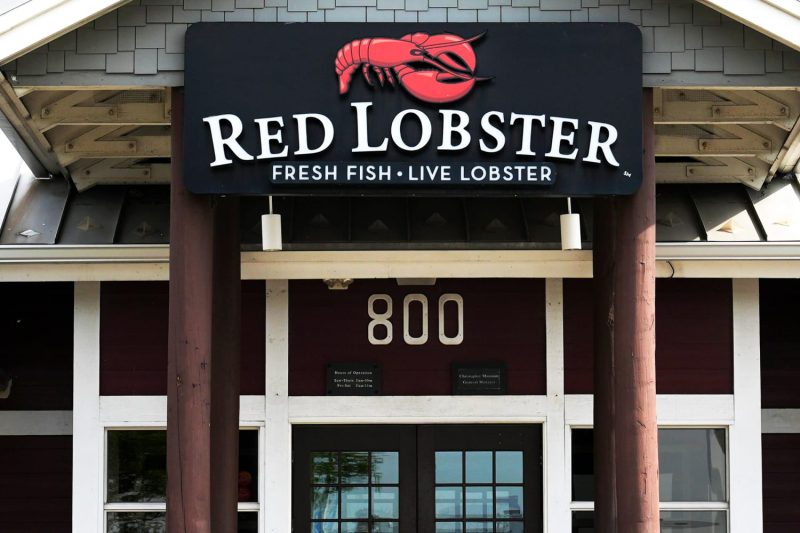The Impact of Private Equity on Red Lobster’s Demise
Red Lobster, a beloved seafood chain, experienced its fair share of challenges in recent years, ultimately leading to its decline in popularity and financial struggles. While some may attribute Red Lobster’s downfall to the end of its iconic Endless Shrimp promotion, a closer look reveals that private equity investments played a significant role in the chain’s demise.
Private equity firms have a reputation for swooping in to acquire struggling companies with the promise of turning them around and maximizing profits. However, the tactics employed by these firms can sometimes have detrimental effects on the businesses they acquire. In the case of Red Lobster, the chain fell victim to the short-term focus of private equity investors, which prioritized cost-cutting measures over long-term growth and sustainability.
One of the key ways in which private equity impacted Red Lobster was through the imposition of financial constraints that hindered the chain’s ability to innovate and adapt to changing consumer preferences. Instead of investing in menu updates, restaurant renovations, and other initiatives to enhance the dining experience, Red Lobster was forced to prioritize cost reductions to boost short-term profitability.
Additionally, the reliance on debt as a means of financing the acquisition of Red Lobster placed a heavy burden on the chain’s financial health. The debt restructuring strategies implemented by private equity firms often involve leveraging a company’s assets and cash flows, leaving little room for strategic investments that could drive long-term growth.
Furthermore, the pressure to deliver quick returns to investors led to a focus on short-sighted tactics such as aggressive cost-cutting and menu simplification. These actions may have helped boost profitability in the short term, but they ultimately eroded the brand equity and customer loyalty that Red Lobster had built over the years.
In conclusion, while the end of the Endless Shrimp promotion may have been a contributing factor to Red Lobster’s decline, the deeper issue at play was the impact of private equity investments on the chain’s operations. The short-term focus, financial constraints, and debt burden imposed by private equity firms hindered Red Lobster’s ability to adapt to changing market dynamics and ultimately led to its downfall. This serves as a cautionary tale of the potential pitfalls of private equity ownership in the restaurant industry, highlighting the importance of balancing short-term profitability with long-term sustainability.
